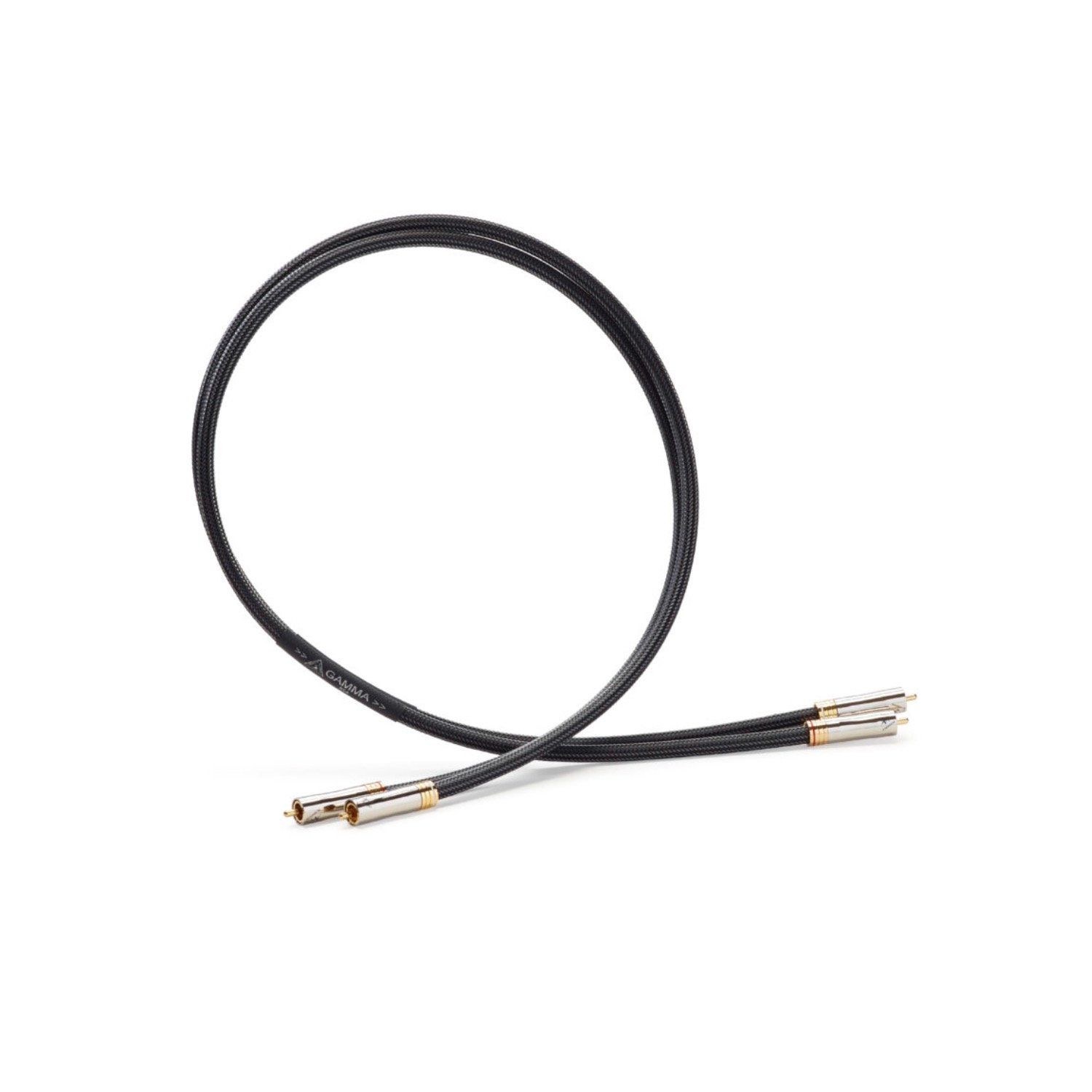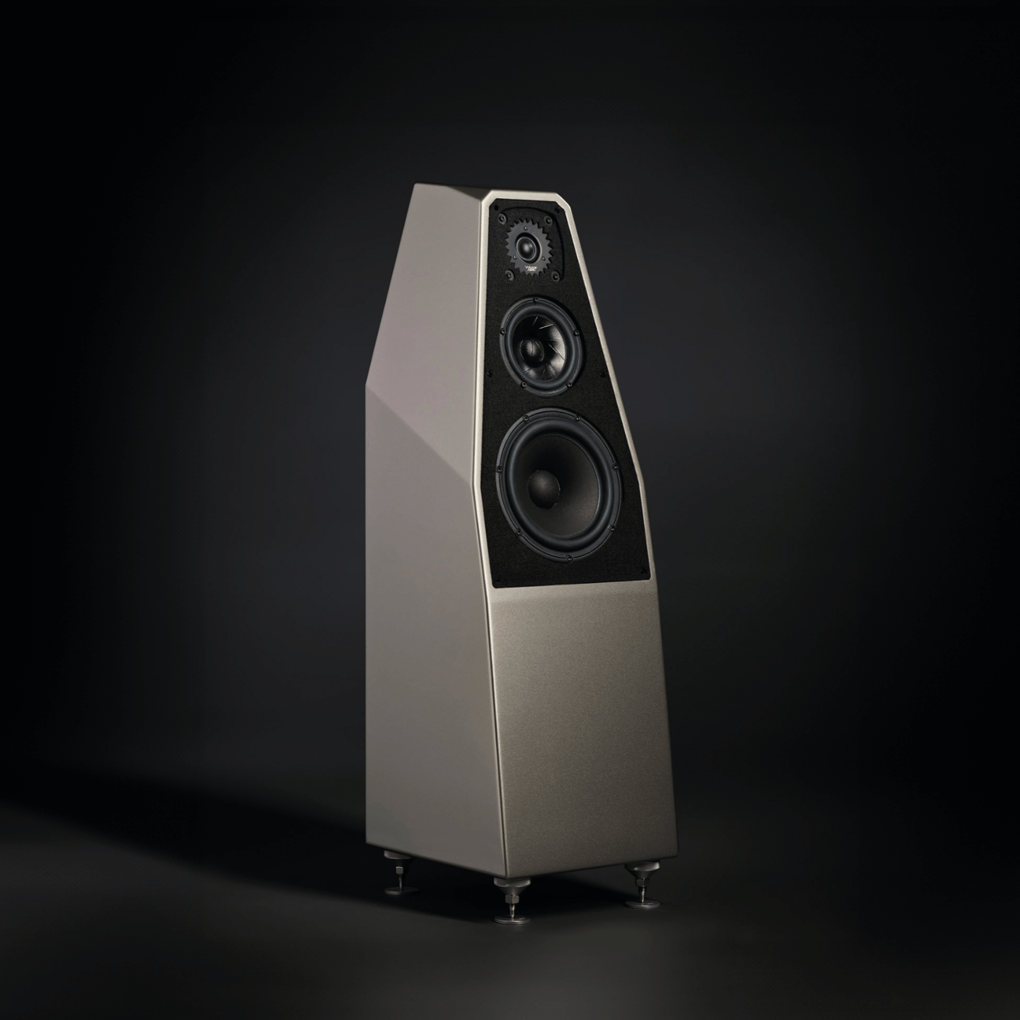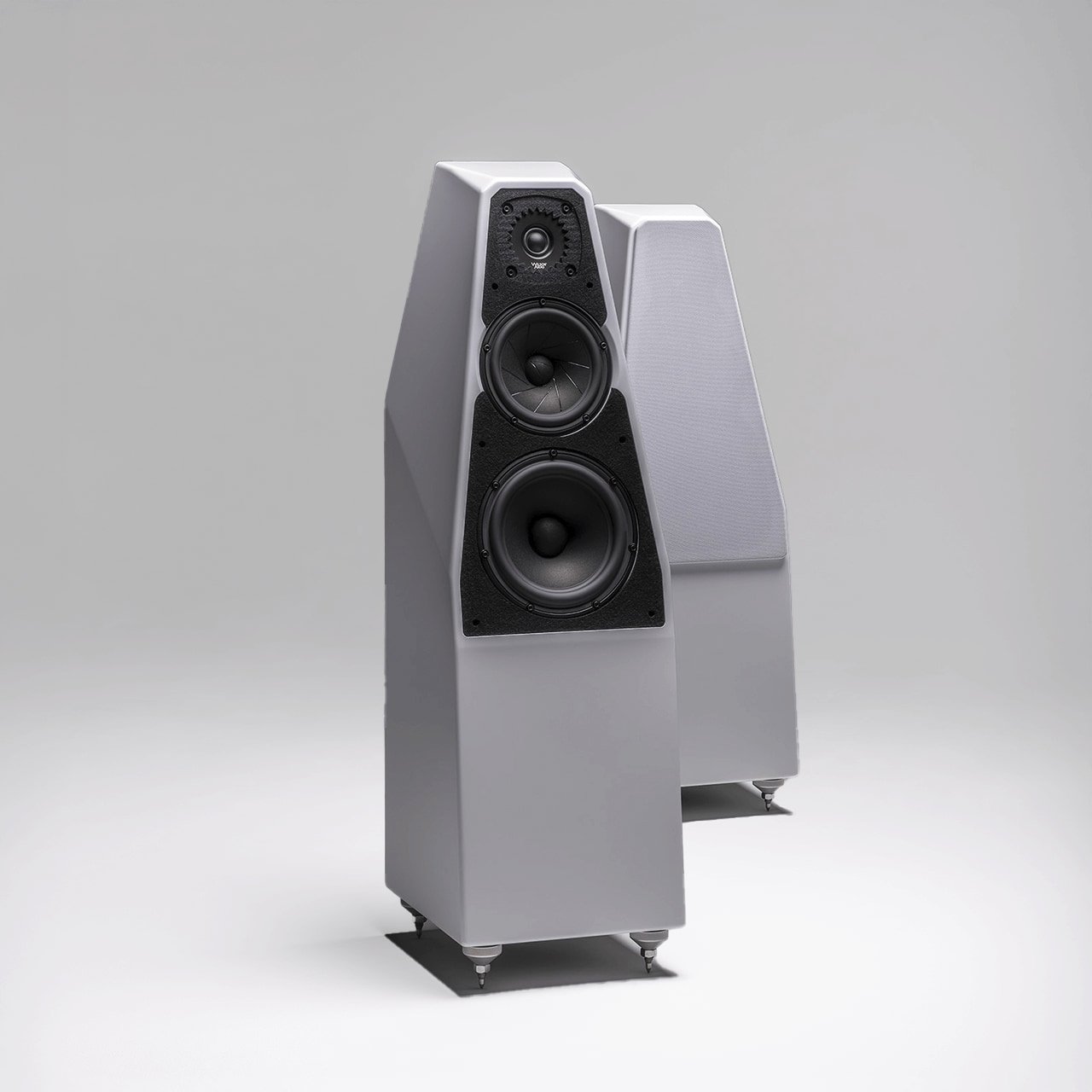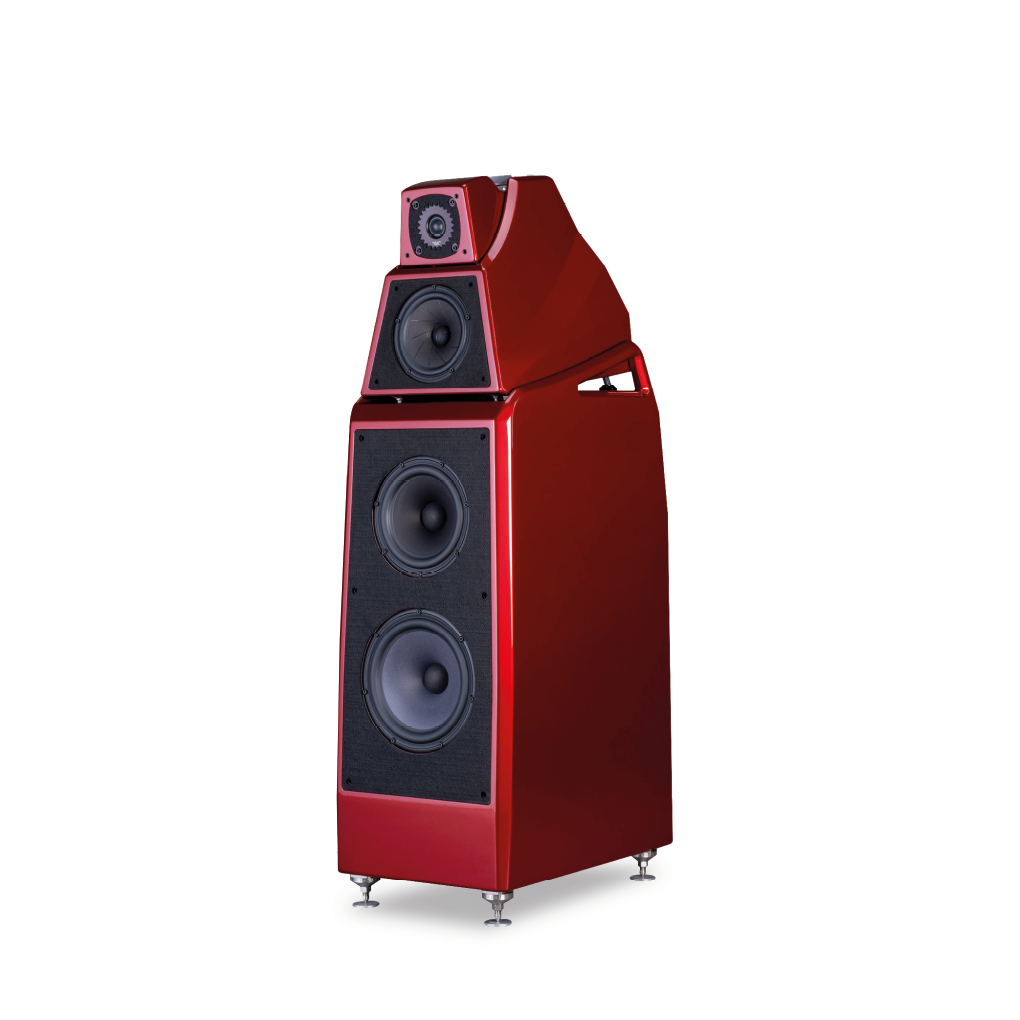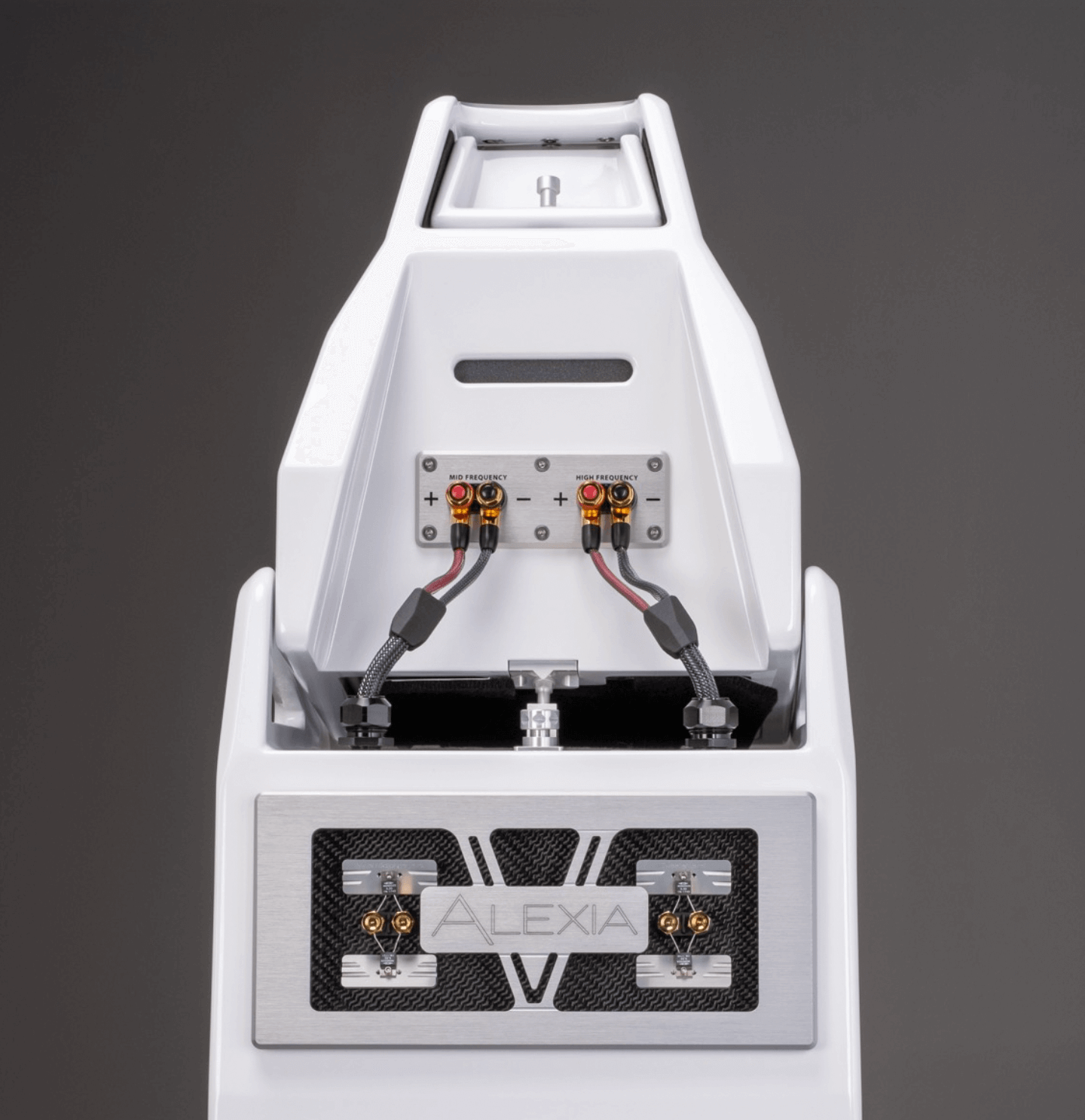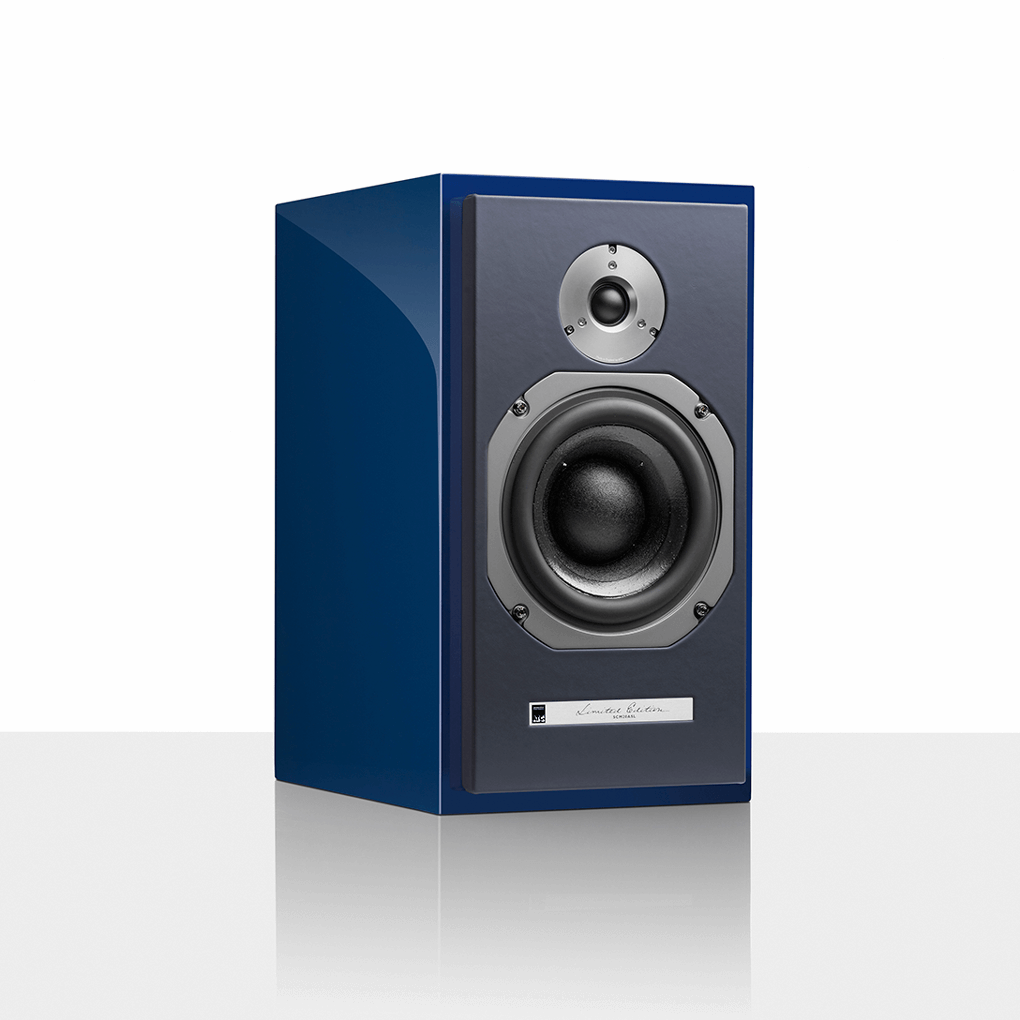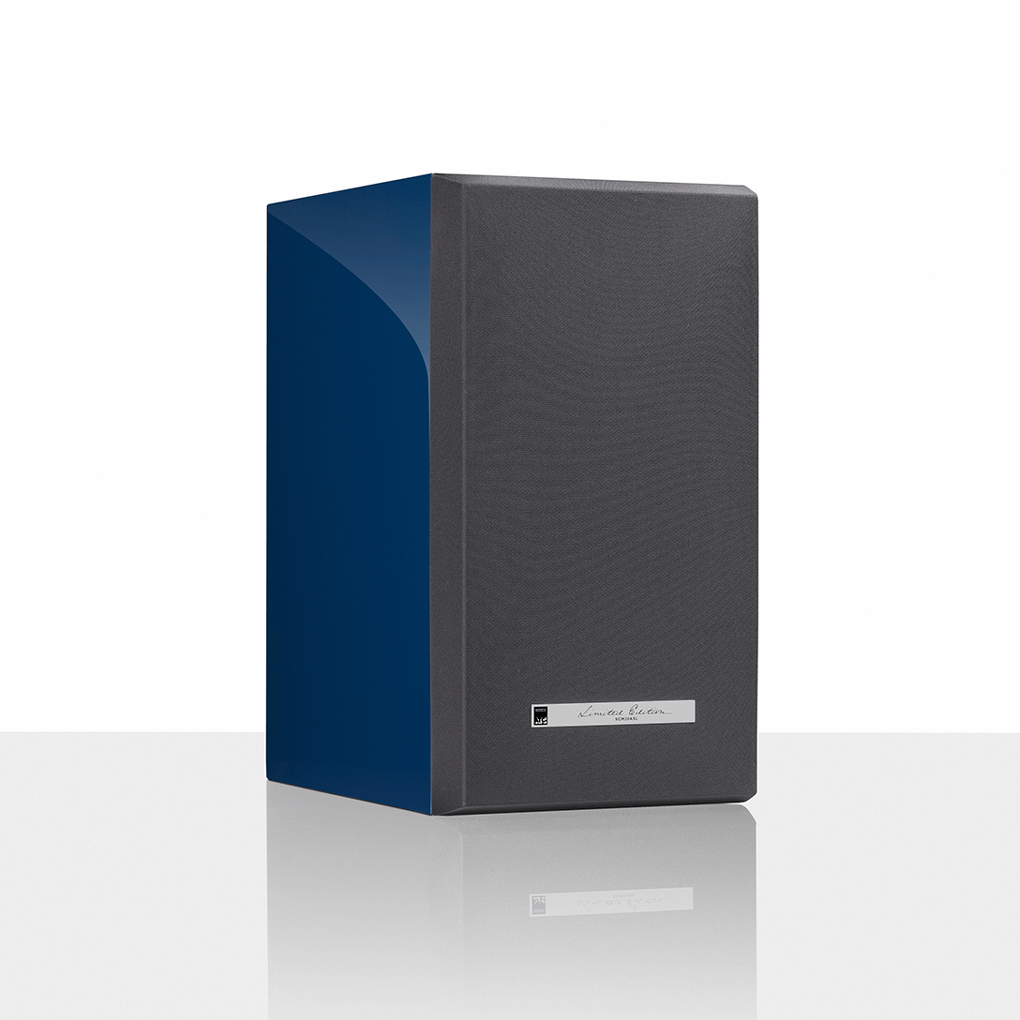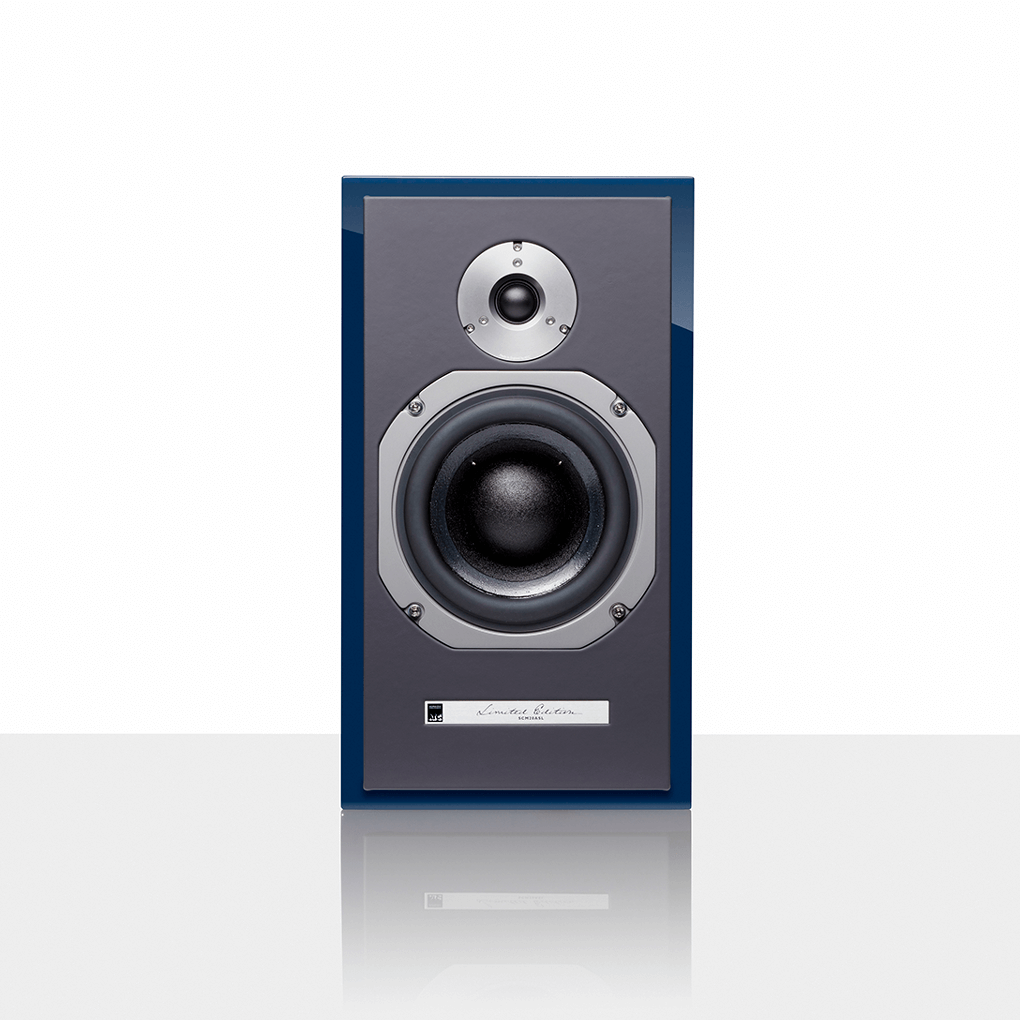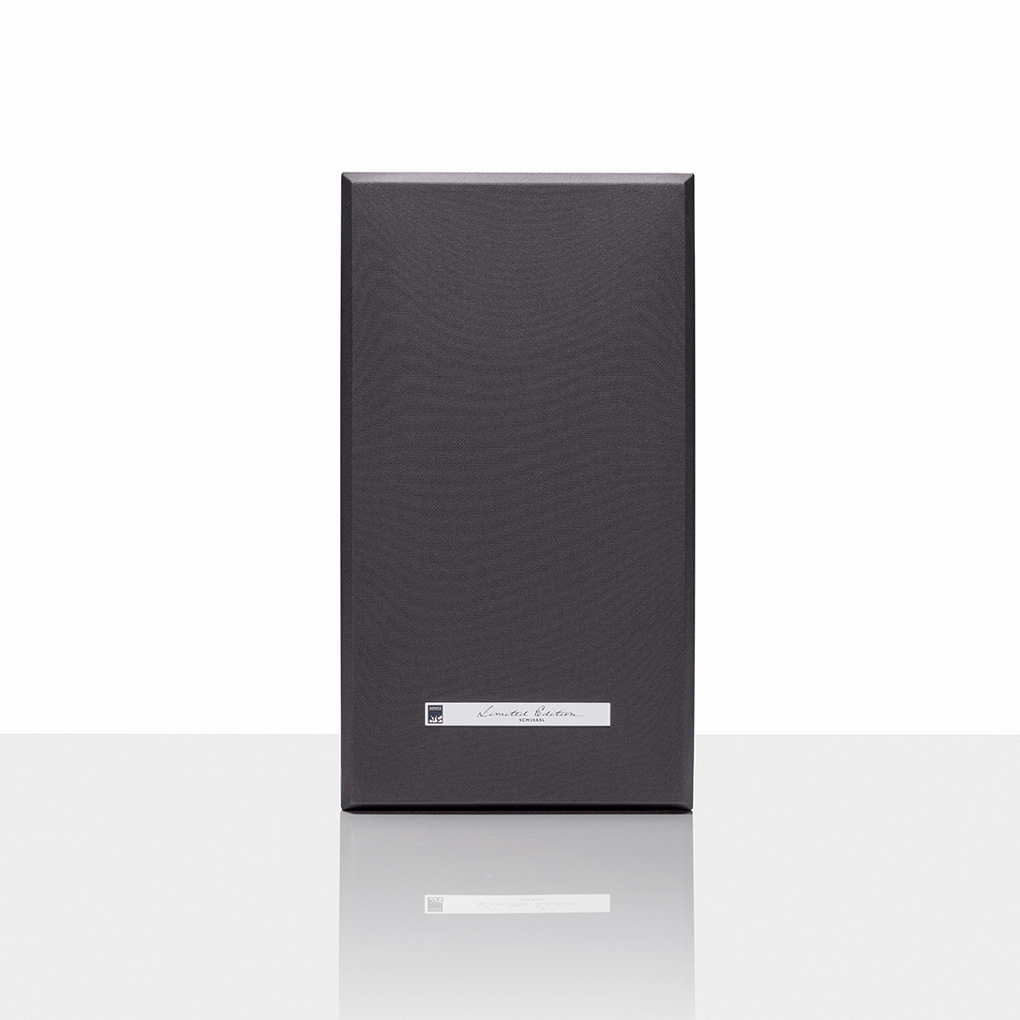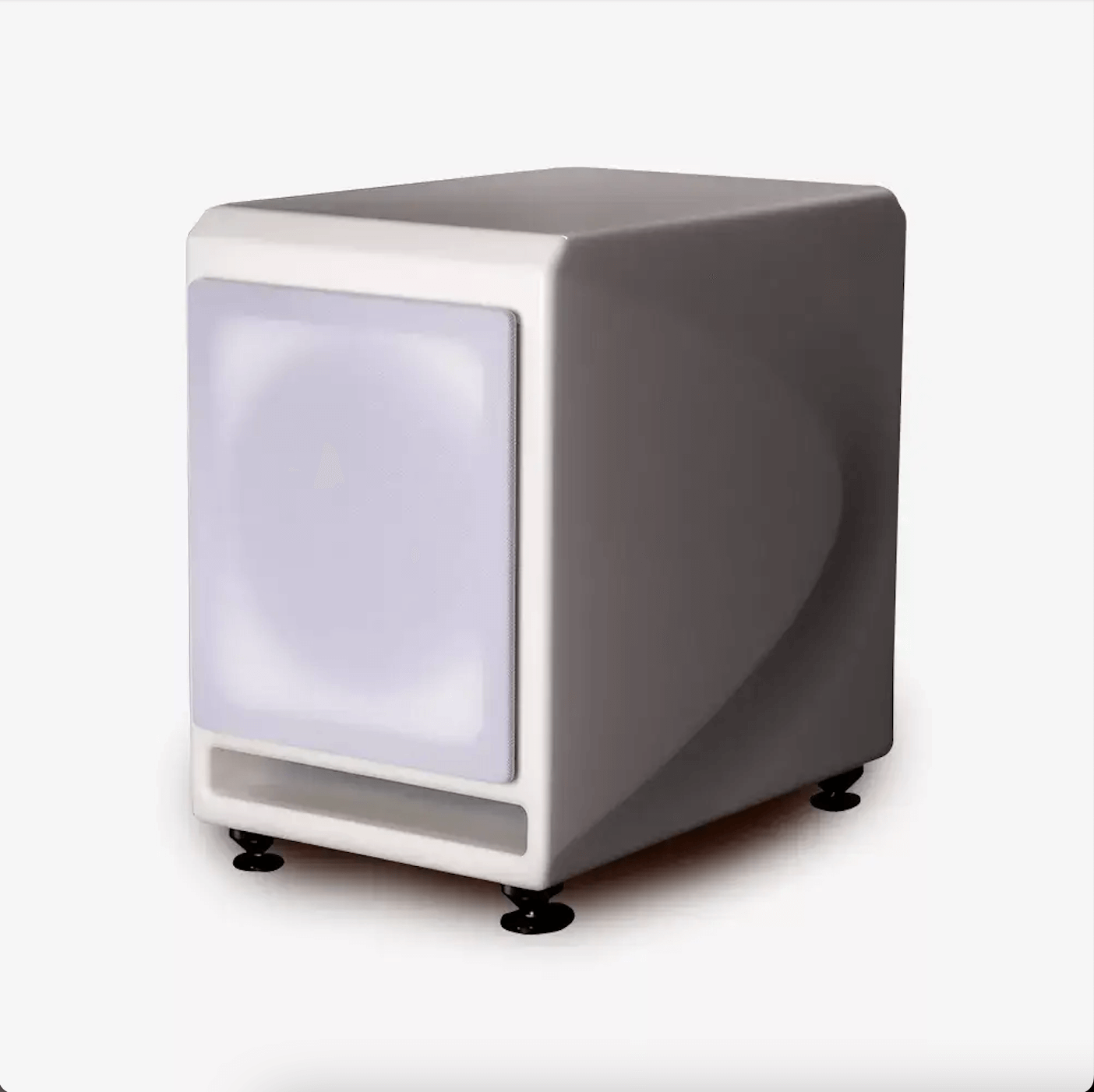-
Cable Type
CoaxialConductors
OCC (Ohno Continuous Cast) copperShield
SPC braided shieldDielectric
fluorocarbonConnectors
Gold plated brass contacts, nickel mirror finishGauge
18KPIP Processing
4-daysStandard Length
1 meter -
Free Delivery within Mainland UK.
60-Day Money-back Guarantee
Returns Policy
Technology
Shunyata Research produces select cables using a Precision Matched Z (PMZ) concept. This means that tolerances of the conductor surface, dielectric extrusion, and the precision of the braided shield are held to minute variances. To achieve these tight tolerances, the extrusion and braiding machines must be run at one-quarter speed during the manufacturing process. (Note: Z means impedance)
Ohno wire, also called PCOCC was invented in 1986 by professor Atsumi Ohno of the Chiba Institute of Technology in Japan. Copper wire is created by an extrusion process that pulls a rod of cold copper through a small orifice which creates multiple crystalline boundaries. By contrast, Ohno wire is made by a process using heated molds that cast a wire to form a single crystalline structure. Ohno wire is well known for its exceptionally pure, grain-free sonic qualities.
Fluorocarbon dielectrics are usually only found in wire used in the aerospace industry, satellites and only the most expensive audiophile cabling. It has special electrical characteristics; very low dielectric absorption, high dielectric strength and exceptional heat resistance. When used in audio and power cables is reduces the perception of dynamic compression and it improves sonic low-level resolution and clarity.
KPIP v2™ PROCESSING
Shunyata Research’s proprietary Kinetic Phase Inversion Process includes four days of continuous KPIP v2™ processing which refines conductor metals at a molecular level. This dramatically reduces burn-in time and significantly improves sonic performance, delivering a relaxed and life-like presentation. When compared to the original process, KPIP v2™ represents a dramatic performance upgrade on par with a component-level upgrade.

